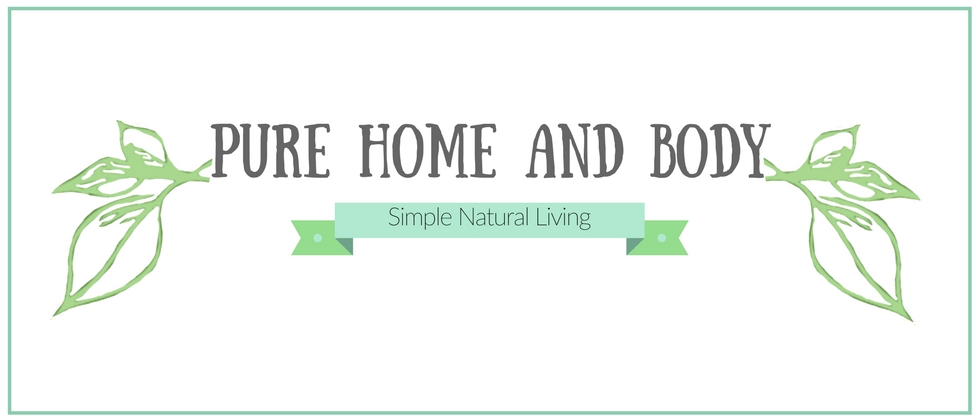 There are many oils that support healthy brain function simply because they are bringing more oxygen to the brain and increasing circulation. When combined with a balanced diet, eliminating processed sugars and foods, artificial dyes and flavorings, essential oils can compliment any current attention disorder treatment. Mindfulness is a form of concentration that leads your choices with intention. This information is not intended to diagnose, treat or cure any disease. If you have attention disorders, seek medical care from a doctor.
There are many oils that support healthy brain function simply because they are bringing more oxygen to the brain and increasing circulation. When combined with a balanced diet, eliminating processed sugars and foods, artificial dyes and flavorings, essential oils can compliment any current attention disorder treatment. Mindfulness is a form of concentration that leads your choices with intention. This information is not intended to diagnose, treat or cure any disease. If you have attention disorders, seek medical care from a doctor.
It’s no surprise that attention disorders are on the rise along with the increase in processed foods, vaccines tainted with toxic ingredients, and environmental toxins. Manufacturers tell us these are a coincidence, but if you want to be pro-active, eliminate your exposure where you can. Many healthy individuals are able to manage mild concentration that occur from busy schedules and work demands with therapeutic grade essential oils. If you or your child are under the care of a doctor for some attention disorder, consult with him or her to consider options incorporating therapeutic grade essential oils.
There are many essential oils that have high sesquiterpenes. In common terms this means they bring the most oxygen to the brain, helping all body systems work more efficiently. A lot of the oils work through the limbic region of the brain and can help with mental clarity and attention. Tree oils in particular have a “grounding” effect on many people. Grounding is best described as being balanced, focused and having a definite sense of direction in your life. We have all experienced frayed moments when our minds are racing in many directions. Times of stress in particular make us vulnerable to anxiety and inability to focus. For some, including many children, this impairment in concentration has become a way of life. Tree oils like frankincense, cedarwood, copiaba, palo santo and balsam fir all help with focusing our attention. Vetiver is also another oil that has been researched for effectiveness in treating ADD & ADHD. Vetiver essential oil has over 100 different sesquiterpenes in it!
These oils can be diffused, applied topically and used as a dietary supplement for food grade oils. Essential oils are a great way to manage attention disorders in a natural way while maintaining balance in the body’s chemistry.
Are you ready to take your wellness to the next level? Self-Awareness is the key to natural living and an essential tool to understanding what environmental conditions, foods or lifetime experiences might be affecting your concentration and ability to respond in a mindful way each day. Rather than just following a set of do’s and don’ts, self-awareness drives the choices you make which can vary from person to person.
Download your copy of Mindfulness Mapping Here to begin understanding the influences in your life that may have shaped who you are today. This is the foundation of self-awareness that will lead to better thought patterns and wellness.
20062711-0-Mindfulness-Mapping
Benor, Daniel J. MD. COMPLEMENTARY THERAPIES FOR ATTENTION DEFICIT HYPERACTIVITY DISORDER (ADHD). 2006. IJHC. Vol 6 no. 2. http://www.wholistichealingresearch.com/user_files/documents/ijhc/articles/EdMuse-6-2.pdf
E. Joy Bowles, BSc (Hons)f1 (Primary Researcher), Dilys M. Griffiths, Letitia Quirk, Anne Brownrigg, Karen Croot. Effects of essential oils and touch on resistance to nursing care procedures and other dementia-related behaviours in a residential care facility. International Journal of Aromatherapy
Volume 12, Issue 1, March 2002, Pages 22–29. http://www.sciencedirect.com/science/article/pii/S0962456201901286.
Abstract: Essential oils of lavender, sweet marjoram, patchouli and vetiver were blended into an aqueous cream (content of essential oil blend = 3.5ml/100g aqueous cream) and 5g was gently massaged five times/day onto the bodies and limbs of 56 aged care facility residents (age range 70–92 years) with moderate to severe dementia. Participants were divided into two groups and following a baseline period in which there was first no massage at all, followed by massage with cream only, the groups received 4 weeks of massage with cream and essential oils or 4 weeks of massage with cream alone, and then received the other treatment for 4 weeks. Full data sets over the trial period were available for 36 participants. During the period of oil application, both groups showed a significant decrease in the average frequency and severity of dementia-related behaviours occurring at times other than during nursing care, compared to during the baseline and the ‘no oil’ periods. Resistance to nursing care procedures increased, however, for participants in one of the gr oups during the essential oil application period, which may reflect increased mental alertness and awareness caused by the oils. A possible increase in mental alertness and cognitive function was also suggested by a small but significant improvement in Mini Mental State Examination (MMSE) scores after the essential oil treatment period for the seven residents who scored above 0 on the MMSE.














No comments yet.